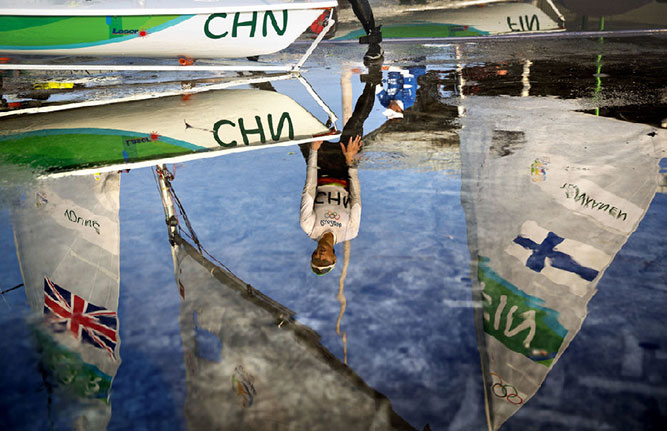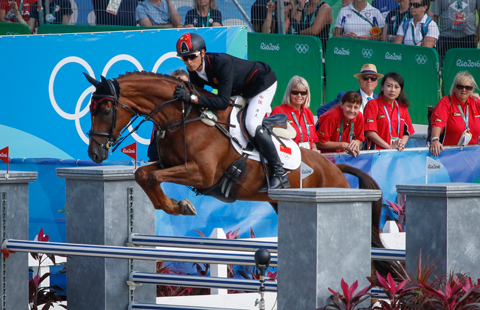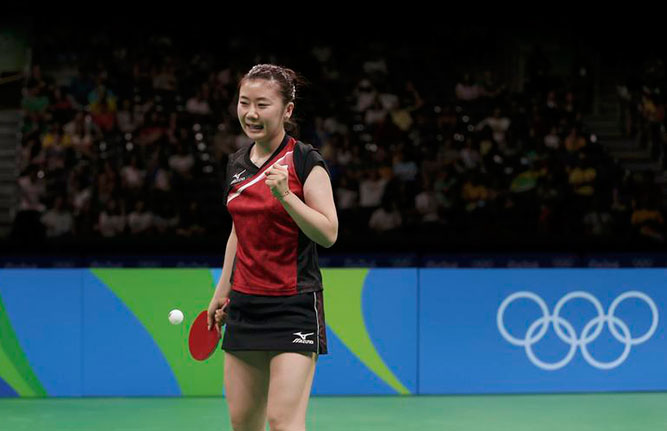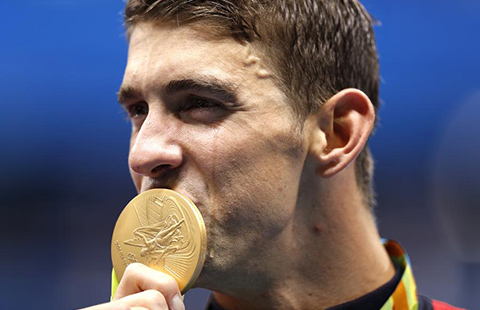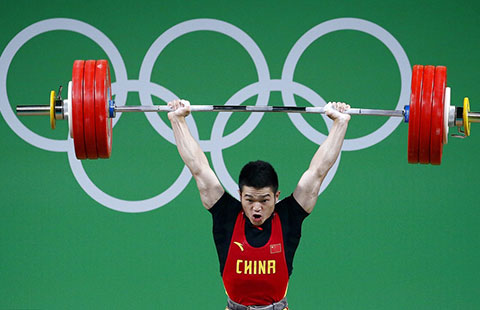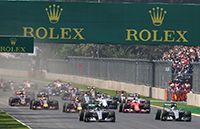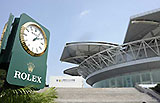Credibility of Olympic Movement tested in 2012
(Xinhua) Updated: 2013-01-01 14:08In Atlanta 1996 there were still 26 NOCs that came to the Games without women. In Beijing 2008, there were still three NOCs: Qatar, Brunei and Saudi Arabia that had no female participants.
Now that was a part of the past. All three NOCs sent female athletes to the 2012 Summer Olympics, with both Brunei and Qatar selecting female flag bearers at the opening ceremony.
Also, these Games were the only one in which women competed in every sport.
During two weeks of sporting spectacle Jamaican sprinter Usain Bolt and U.S. swimmer Michael Phelps lit up the Olympic Park in east London.
Bolt became the first man to win back-to-back Olympic title trebles in the men's 100m and 200m and 4x100m relay. Phelps created history as well when he won four golds to take his life-time medal haul to 22, including 18 golds, making him the most decorated Olympian in history.
The spotlight quickly switched to the 2016 Summer Games in Rio de Janerio after the London closing ceremony, with the Brazilian city already struggling with its biggest project.
"Our message remains: There is time, but time is ticking, and they need to carry on attacking this one with all vigor," IOC spokesman Mark Adams said earlier this month after Rio organizers briefed the IOC executive board on their preparations.
The global economic slowdown has had an impact on the London Games but the IOC's financial situation remains solid with reserves of 558 million U.S. dollars and continuing increases in television and sponsorship revenues.
"For the period 2014-16 we already have 3.6 billion dollars, and it should reach and exceed 4 billion," IOC president Jacques Rogge said in July.
In addition, 722 million dollars have already been generated for the 2017-20 period.
Tokyo, Madrid and Istanbul are nearing the final straight in the race to host the 2020 Games, with the decision due next July in Buenos Aires, where Rogge will also end his 12-year tenure at the helm of the IOC.
- Tokyo to step up campaign for Olympic bid
- Yearender: Olympics sparkle at height of magical British summer
- Sports 2012 images: Olympic controversies
- Olympics boost sports participation in England
- Lin Dan eyes Olympic hat-trick
- Olympic spirit drives volunteerism
- Two British athletes' Olympic medals stolen
- IOC revokes London Olympics medal from Uzbek wrestler

